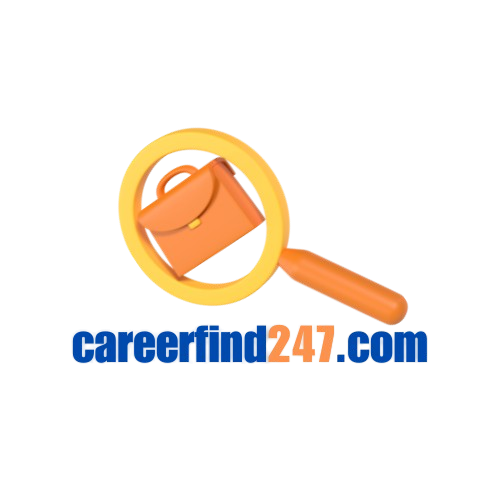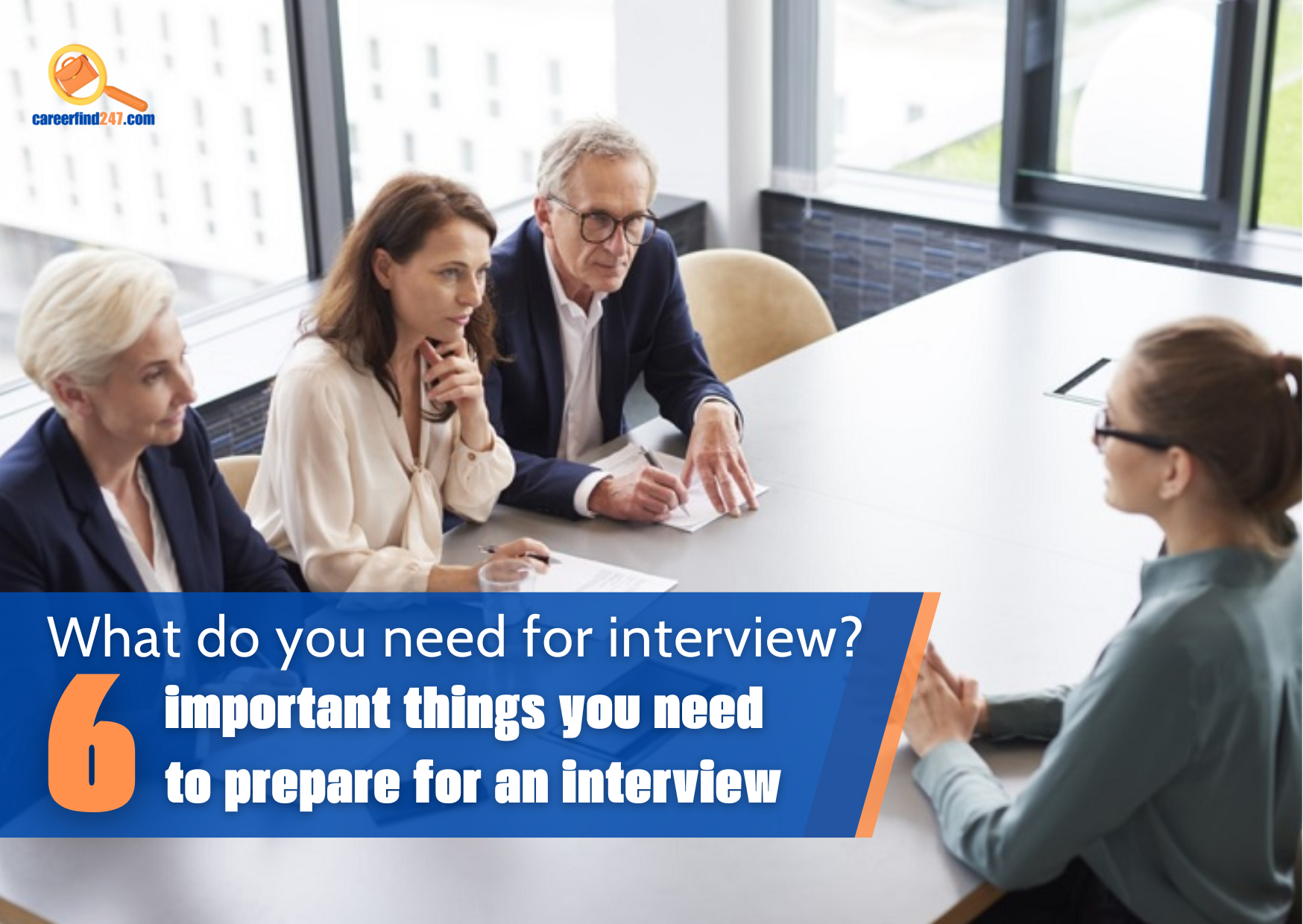Congratulations on passing the CV safely. And now you have to prepare for an official interview! So, what do you need for interview? If you are still having a headache thinking about what to prepare, follow the article below of CareerFind247 to have a thorough preparation for a successful interview!
What do you need for interview? Importance of preparation for interviews

Interview preparation is crucial for success, whether you’re a seasoned professional or entering the job market for the first time. Preparing well gives you a solid understanding of the company, equips you to answer questions confidently, and leaves a lasting positive impression on the hiring team. Here’s everything you need to know to prepare effectively for your next interview.
1. What do you need for interview? Learn About the Company

1.1 Understanding the Company Culture
Knowing the company you’re interviewing with demonstrates your interest and alignment with their goals and values. Start by visiting their website, where the mission statement and core values are often highlighted. Knowing the company’s guiding principles allows you to connect your goals with theirs, showing the hiring team that you’re a good cultural fit.
Another key element is reviewing recent news and achievements about the company. This could be a new product launch, recognition, or a major business milestone. By referencing this in the interview, you show genuine interest in the company’s growth and are more likely to engage the interviewer.
1.2 Knowing the Job Role
Analyzing the job description in-depth helps you tailor your responses to the role’s requirements. Focus on understanding the specific skills and qualifications mentioned in the job posting. Take note of any industry-specific terminology or tools; being familiar with these can give you an edge and help you discuss your experience more effectively.
2. Preparing Your Resume and Cover Letter
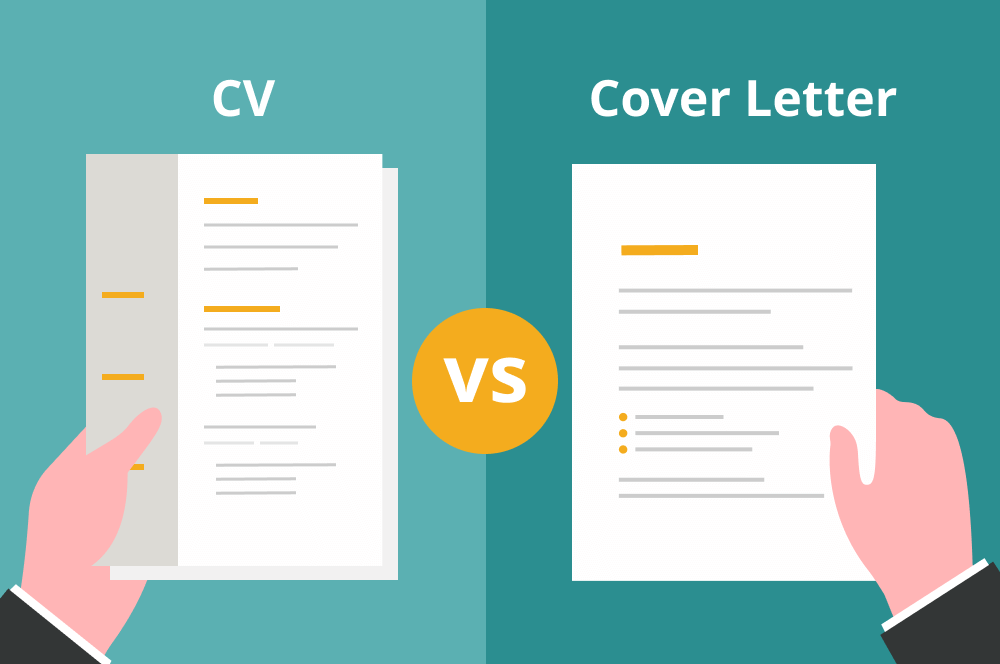
2.1 Tailoring Your Resume
Customizing your resume to match the role you’re applying for is essential. Start by highlighting relevant experience that aligns with the job description, and be sure to include keywords used in the posting. Many companies use Applicant Tracking Systems (ATS) to screen applications, so incorporating the right terms can increase your chances of moving forward in the hiring process.
2.2 Crafting a Compelling Cover Letter
Your cover letter should be equally tailored. Address it to the hiring manager by name if possible, as this personal touch can set you apart. In your cover letter, convey your enthusiasm for the role and explain why you’re a strong fit for both the position and the company. Mention specific experiences that directly relate to the responsibilities listed in the job description, and express how your career goals align with the company’s mission.
3. Practicing Common Interview Questions
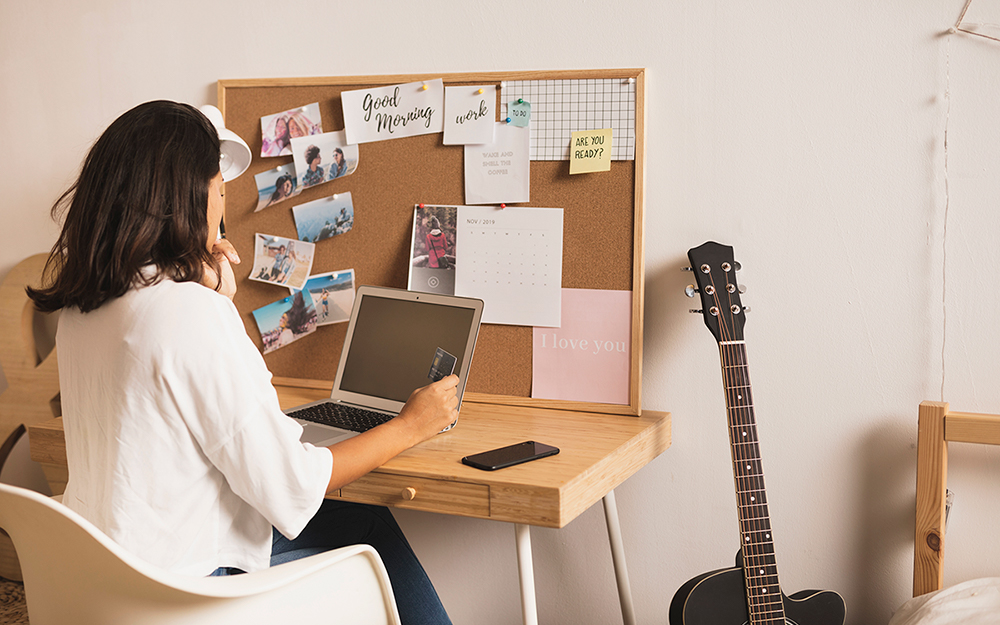
3.1 Behavioral Interview Questions
Behavioral interview questions allow employers to assess how you handle situations based on past experiences. One of the best ways to answer these is by using the STAR method (Situation, Task, Action, Result), which provides a clear and structured way to tell your story. Prepare examples of times when you demonstrated leadership, resolved conflicts, or showed adaptability.
Some common behavioral questions include:
- “Describe a challenge you faced and how you overcame it.”
- “Tell me about a time you worked as part of a team.”
3.2 Technical and Role-Specific Questions
For roles requiring specific technical knowledge, expect questions that assess your industry expertise and problem-solving skills. Research role-specific questions common in your field. Demonstrating problem-solving skills is critical; interviewers want to see how you approach challenges, so practice explaining your thought process when solving problems or facing industry-specific tasks.
4. Dressing Appropriately

4.1 Understanding Dress Codes
Your attire can significantly influence the impression you make. Understanding the company’s dress code helps you to dress appropriately, whether it’s business formal or business casual. Researching the company’s culture and dress norms (perhaps by looking at their social media or office photos) can help you decide on the best outfit.
4.2 Tips for a Polished Appearance
Regardless of the dress code, maintaining a polished appearance is essential. Proper grooming, such as neat hair and clean nails, is always a good idea. Select an outfit that is both professional and comfortable, allowing you to feel at ease during the interview.
5. Preparing Questions for the Interviewer
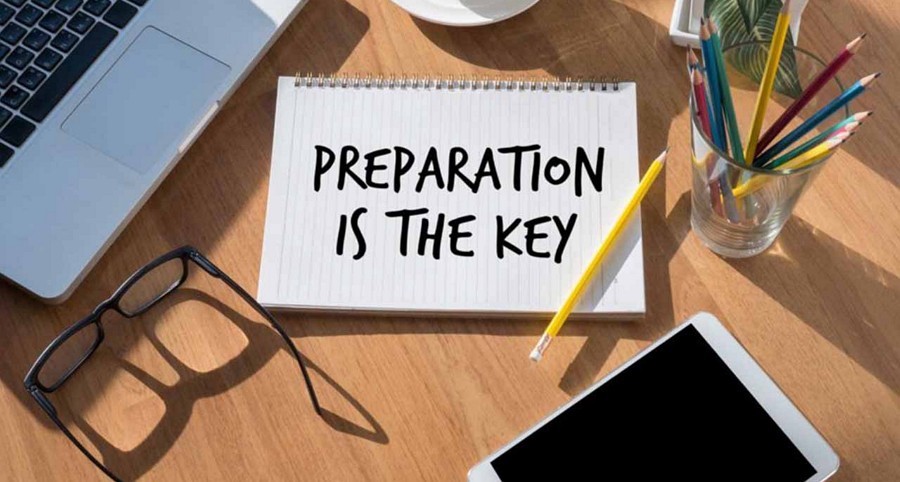
5.1 Importance of Asking Questions
At the end of most interviews, you’ll be asked if you have any questions. Preparing thoughtful questions shows you’re invested in the role and helps you assess if the company is a good fit. Asking questions also demonstrates your interest in the role and the broader company, giving you a chance to engage meaningfully with the interviewer.
5.2 Examples of Thoughtful Questions
Here are some impactful questions to consider:
- “Can you tell me more about the team I’d be working with?”
- “What are the growth opportunities available for this role?”
- “How would you describe the company’s approach to work-life balance?” These questions help you gain insight into the company’s culture, team dynamics, and potential career paths.
6. Logistics and Practical Considerations

6.1 Confirming the Interview Details
Double-checking the interview details ensures you’ll be fully prepared. Confirm the date, time, and location with the hiring manager or recruiter. If it’s a virtual interview, test your internet connection, microphone, and camera ahead of time to avoid any last-minute technical issues.
6.2 Arriving on Time
Being punctual is critical. Plan your route in advance, allowing extra time for unexpected delays like traffic or public transportation issues. Aim to arrive 10-15 minutes early, as it demonstrates reliability and respect for the interviewer’s time.
7. Conclusion
Preparing for an interview requires careful planning and attention to detail, but the rewards are well worth it. By researching the company, refining your resume and cover letter, practicing interview questions, and paying attention to logistics, you’ll be well-equipped to approach your interview with confidence.
Taking these steps not only increases your chances of impressing the interviewer but also ensures that you’ll feel more relaxed and prepared. Remember, interview success comes from thorough preparation, self-awareness, and a positive attitude. With each interview, you’re one step closer to achieving your career goals.
More interesting career information on CareerFind247!
